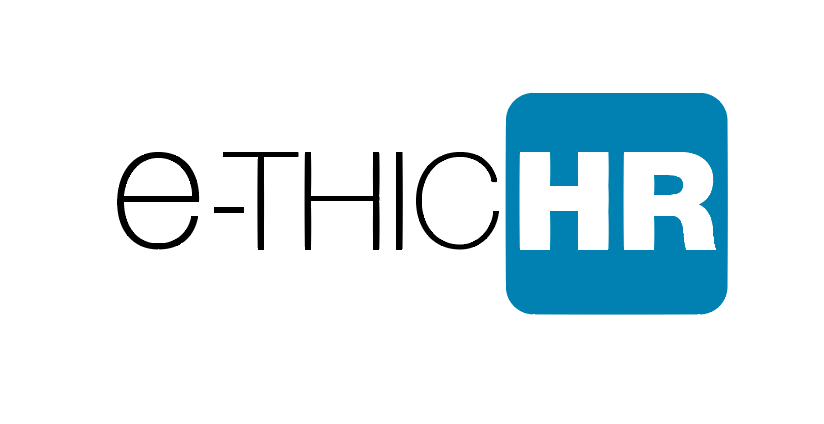Les chercheurs se cassent la tête depuis des années à propos du bonheur au travail. Trois théories récentes émergent et divergent.
- D’après Rosabeth Moss Kanter, gourou du management, professeur à la Harvard Business School, les salariés confrontés à des défis importants seraient de loin les plus heureux.
- Srikumar Rao, auteur de Happiness at Work (Le bonheur au travail) et autrefois professeur à la Columbia Business School, a un autre point de vue. Il pense que le plus grand obstacle au bonheur dans l’entreprise est notre sentiment d’impuissance.
- La troisième analyse du bonheur au travail provient du cabinet américain de conseil et de recrutement Leadership IQ. Selon une enquête récente menée par ce cabinet, ce sont les low performers (pas ou peu performants) qui sont les plus heureux au travail.
Qui a raison ? Retrouvez le résumé librement adapté par Anne Van Der Weide de l’article “3 recente theorieën over geluk op de werkvloer” de Lilian Polderman du journal MT Management Team.
Voir la vidéo “Bien-être au travail” de la société allemande de création de sites internet Jamdo.
